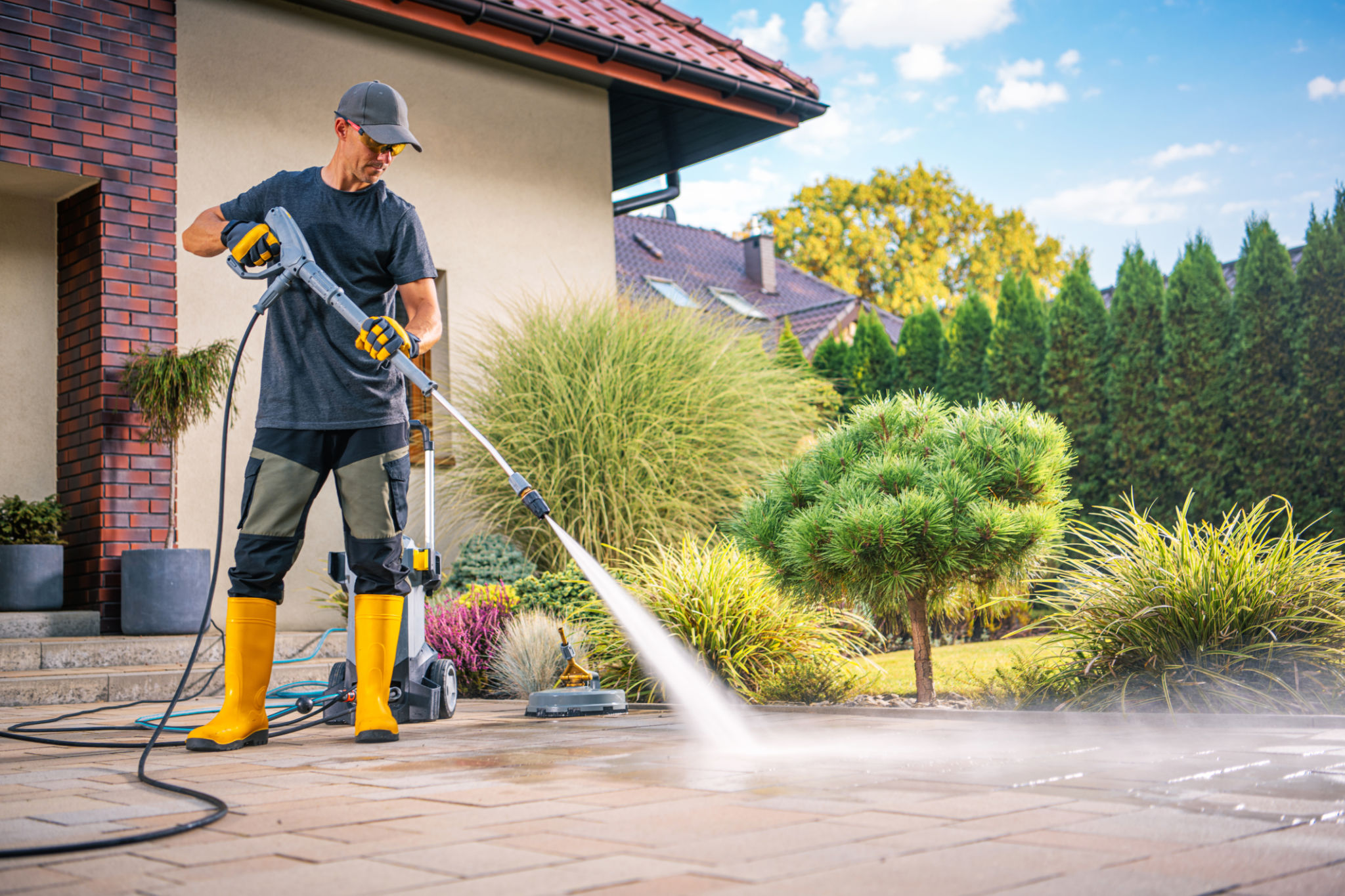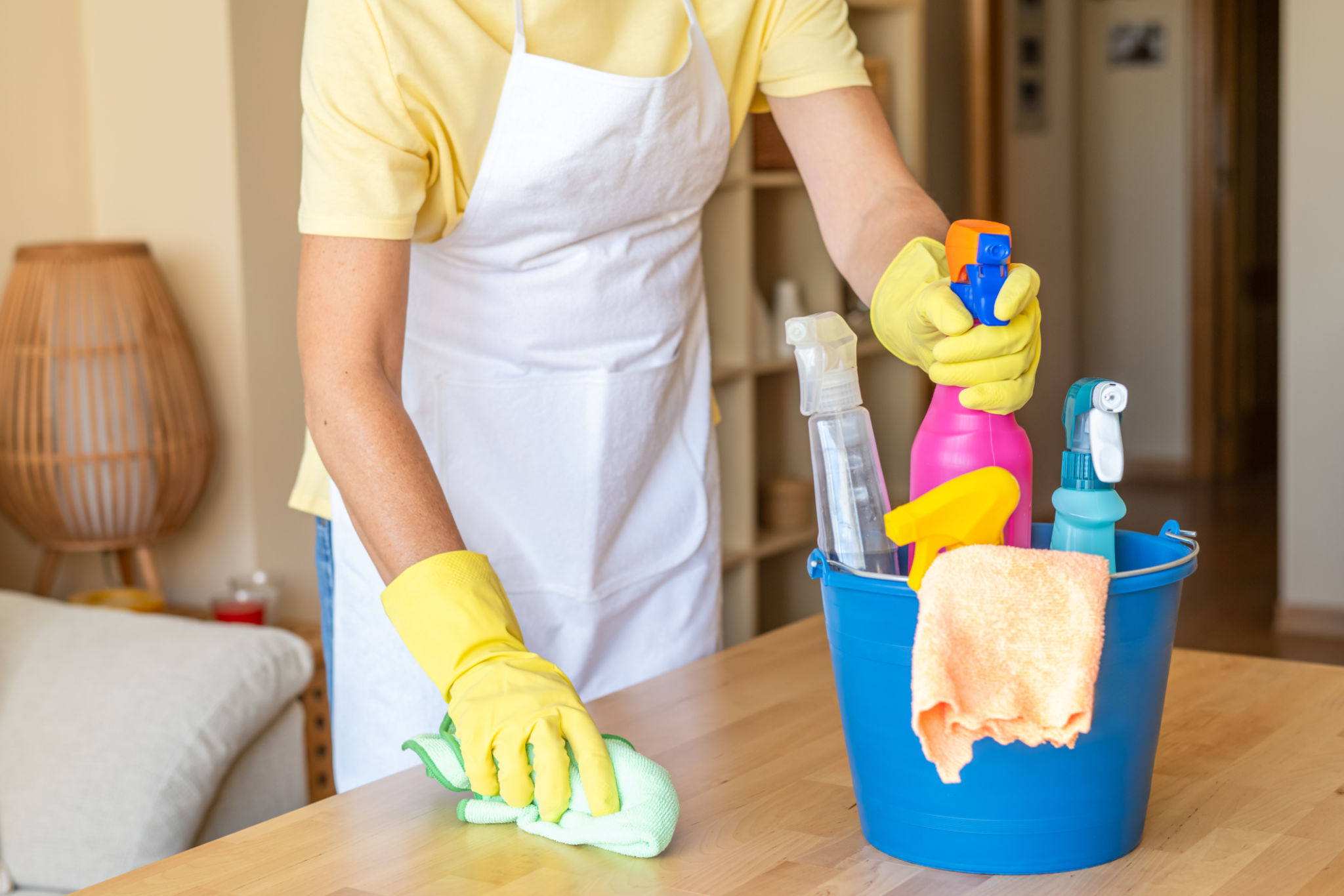Understanding the Environmental Impact of Pressure Washing in San Jose
KG
The Basics of Pressure Washing
Pressure washing is a popular cleaning method used to remove dirt, grime, and stains from surfaces like driveways, sidewalks, and building exteriors. It utilizes high-pressure water jets to clean efficiently and quickly. In San Jose, where both residential and commercial properties benefit from regular maintenance, pressure washing is a common service.
However, while pressure washing offers an effective solution for cleaning, it's essential to understand its environmental impact. The process involves the use of large volumes of water and often, cleaning agents, which can have significant ecological consequences if not managed properly.

Water Usage and Conservation
One of the primary environmental concerns associated with pressure washing is water consumption. A typical pressure washer uses about 2 to 4 gallons of water per minute. In a city like San Jose, where water conservation is critical, this can be a significant concern.
To mitigate this impact, it's important to adopt water-efficient practices. Using a pressure washer with adjustable settings can help control the amount of water used. Additionally, choosing times of the year when water conservation measures are less stringent can further reduce the environmental footprint.
Eco-Friendly Cleaning Agents
Many pressure washing services rely on chemical cleaners to enhance their cleaning power. These chemicals, if not used responsibly, can run off into storm drains and eventually enter local waterways, harming aquatic life and water quality.
To address this issue, consider using biodegradable and eco-friendly cleaning agents. These alternatives are designed to break down more easily in the environment and pose less risk to ecosystems. Always ensure that any cleaning solution used is suitable for the particular surface and environmental conditions.

Managing Runoff
Runoff from pressure washing can carry pollutants like oil, grease, and chemicals into the stormwater system. In San Jose, this runoff can eventually reach local rivers and streams, impacting aquatic habitats.
Implementing strategies to manage runoff is crucial. For instance, creating barriers or using absorbent materials can help contain runoff and prevent it from entering storm drains. Businesses and homeowners should be aware of local regulations regarding runoff management to ensure compliance and protect the environment.
Choosing Sustainable Services
When selecting a pressure washing service in San Jose, consider those that prioritize sustainability. Look for companies that use environmentally friendly practices, such as water reclamation systems that recycle water during the cleaning process.
Additionally, inquire about their use of eco-friendly products and their strategies for minimizing environmental impact. By supporting businesses that are committed to sustainable practices, you contribute to a healthier environment in your community.

The Role of Regulations
Local regulations play a vital role in minimizing the environmental impact of pressure washing. In San Jose, there are specific guidelines and requirements that pressure washing services must follow to protect natural resources.
Understanding these regulations can help homeowners and businesses make informed decisions about their pressure washing needs. Compliance with these rules not only protects the environment but also ensures that services are conducted safely and responsibly.
Conclusion
Pressure washing is an effective cleaning solution with several benefits for property maintenance in San Jose. However, it is crucial to consider its environmental impact and take steps to mitigate negative effects. By adopting water conservation practices, using eco-friendly products, managing runoff responsibly, and choosing sustainable services, we can enjoy the advantages of pressure washing while preserving our natural surroundings.